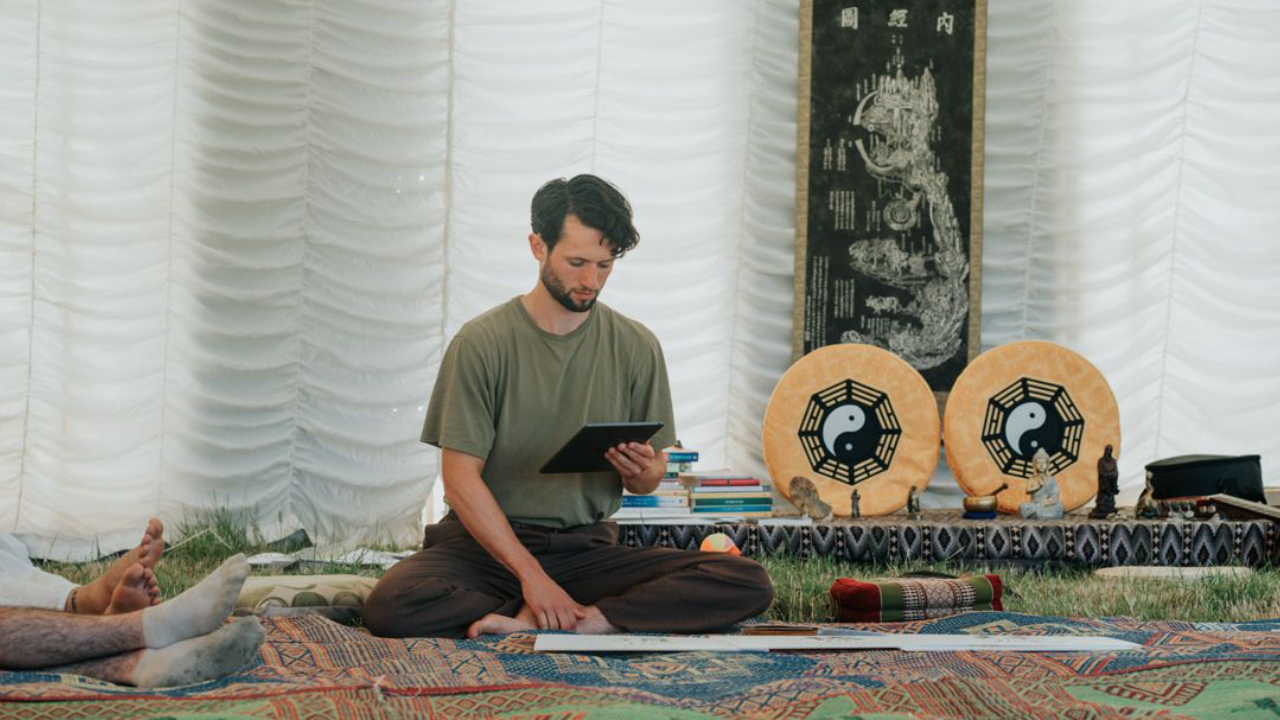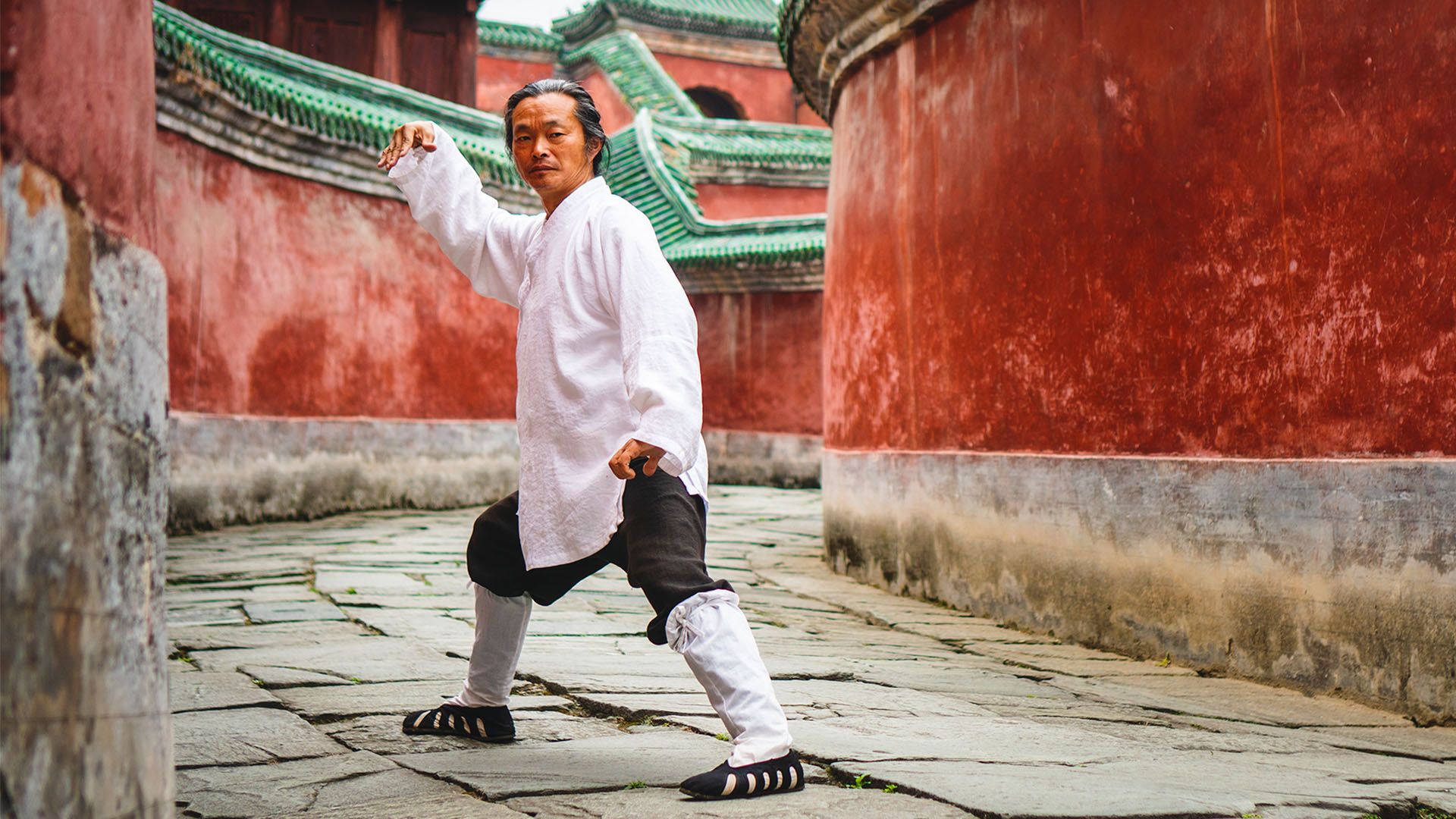Taoist Philosophy and the Art of Living: Key Concepts and Practices
May 23, 2023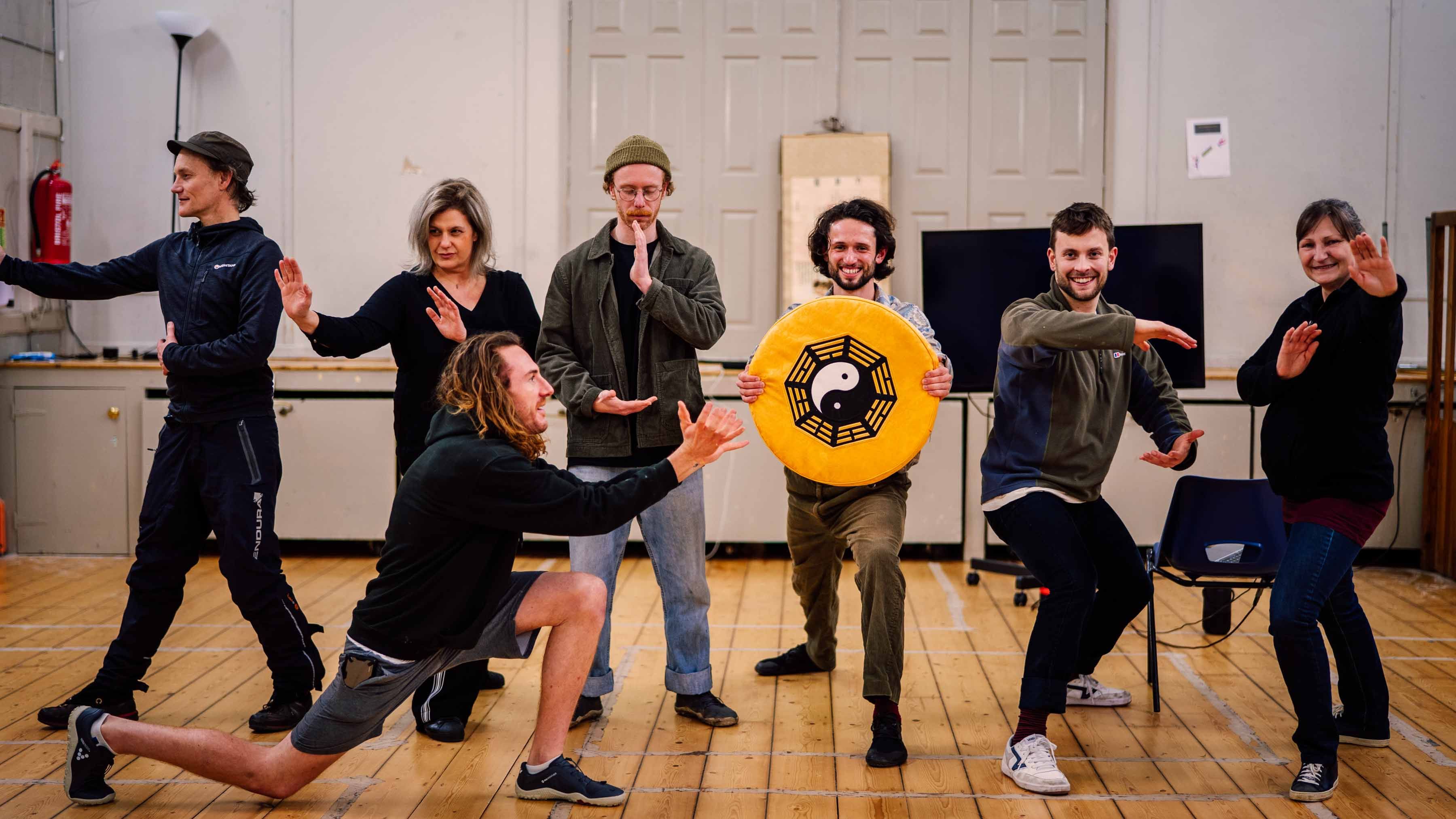
Have you ever stopped to marvel at the natural harmony of the universe - how the sun rises and sets precisely or how the seasons change seamlessly? There's an unseen, unspoken rhythm to life, and that, my friend, is what the ancient Taoists tapped into. Ready to dive into this magical, mysterious world? Grab your cup of tea, settle into your favorite reading spot, and let's journey through Taoist philosophy's profound concepts and daily practices.
Unraveling the Tao: The Way and Its Virtue
In the bustling chaos of modern life, a longing for peace and balance often whispers to us. Answering this call, we turn to Taoism - a philosophy that celebrates the natural flow of the universe, aptly termed 'the Tao' or 'the path.' According to Taoism, all things twirl in a dance choreographed by this cosmic rhythm, forever interconnected and evolving.
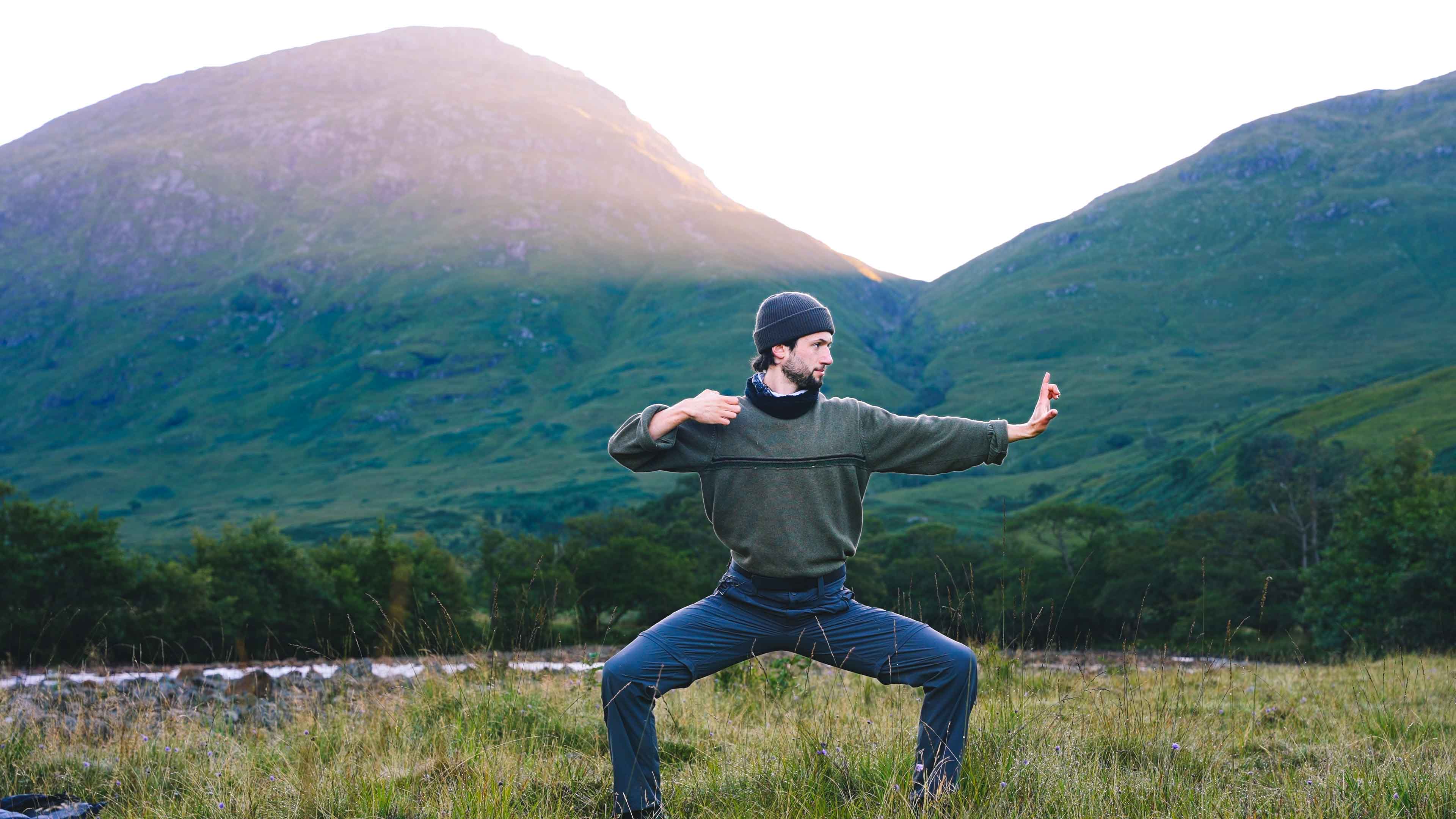
Take a moment to ponder the profound words of the legendary Lao Tzu, from his masterpiece, the Tao Te Ching - "The Tao that can be told is not the eternal Tao. The name that can be named is not the eternal name." These words are a nudge, a reminder that the Tao is an elusive mystery, a force beyond human comprehension that seeps through every fabric of existence.
So, how do we align with this subtle, intangible Tao? Taoists have a secret weapon - 'wu-wei', or 'effortless action.' Contrary to what it sounds like, wu-wei isn't about doing nothing. It's about acting in sync with the Tao, going with the flow. The result? Our actions become more potent, less stress-inducing, and oh-so-satisfying!
Yin and Yang: The Dance of Opposites
Delving deeper into the Taoist tapestry, we encounter Yin and Yang, the famed twins of cosmic balance. Yin and Yang symbolize the dynamic polarity present in the universe—night and day, feminine and masculine, earth and sky. They move in sync like two dancers, one rising as the other falls, creating a beautiful balance.
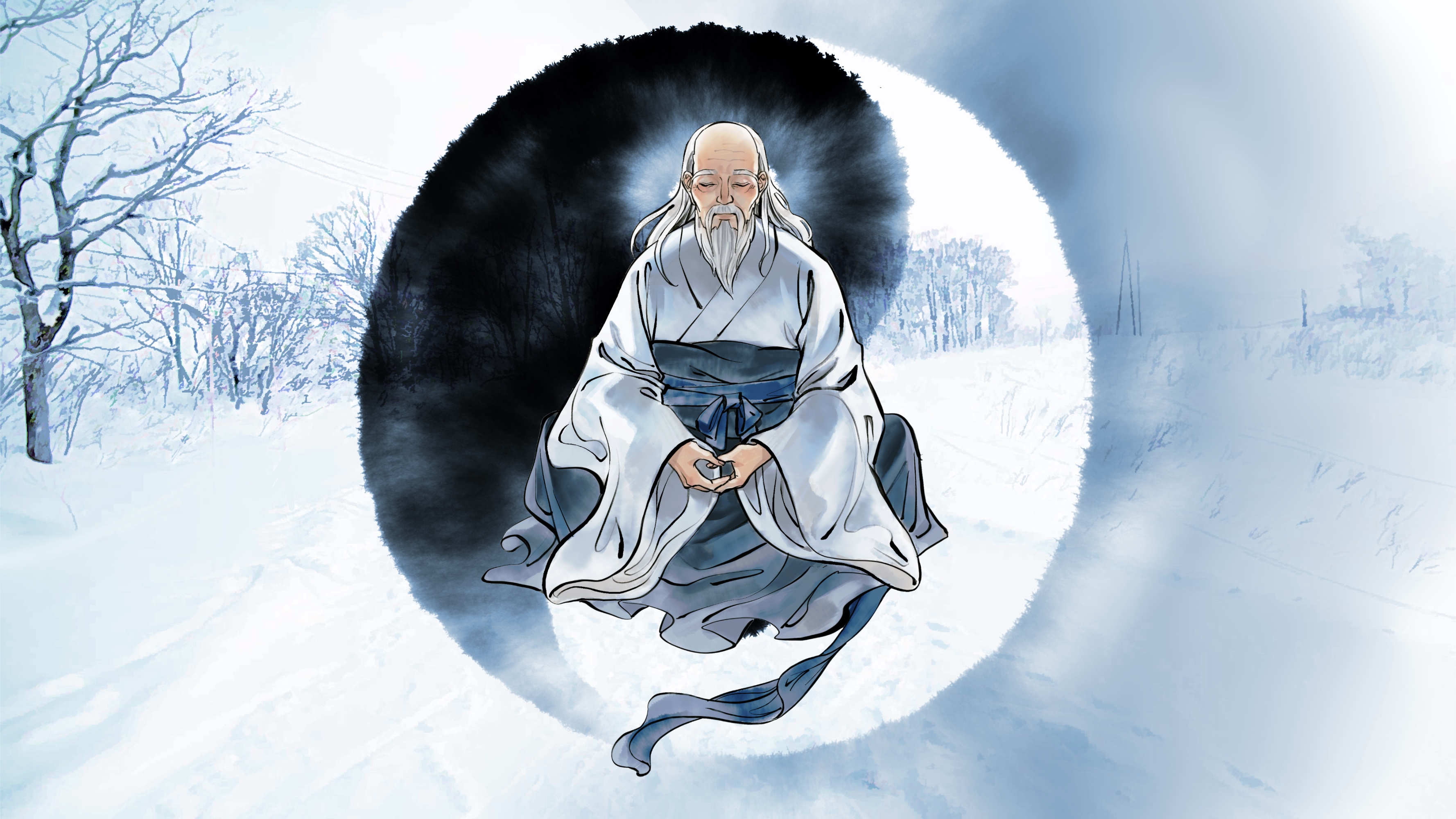
Through Yin and Yang, Taoism teaches us that opposites are not merely competing forces but complementary ones. They rely on each other for their very existence, like two sides of a coin. Accepting the Yin and Yang in our lives helps us appreciate the beauty of contrast and the delicate equilibrium it creates.
Simplicity and Contentment in Taoism (Daoism)
Simplicity and contentment are central to Taoism or (Daoism). This ancient Chinese philosophy, founded by Lao Tzu, emphasizes living in harmony with the Tao, the fundamental nature of the universe. Taoist philosophy teaches that by following the principles in the Tao Te Ching, individuals can achieve inner peace and long life.
Unlike Confucianism, which focuses on social order, Taoism advocates for a simple, unadorned life. Taoists believe that contentment arises from aligning with the natural order, reflecting the wisdom of sages from the Han and Tang dynasties. This approach contrasts with Buddhism's path to enlightenment.
Cultivating Inner Peace Through Taoist Meditation
Taoist meditation, rooted in ancient Chinese philosophy, offers a path to inner peace and long life. The practice, often linked to Lao Tzu and the Tao Te Ching, emphasizes living in harmony with the Tao. Techniques such as "sitting and forgetting" help Taoists achieve tranquility by releasing worldly attachments. Meditation in Taoism also incorporates the concepts of yang and balance, integral to Daoist philosophy.
By focusing on simplicity and the teachings of sages, practitioners find contentment. Unlike Confucianism, which stresses social harmony, Taoist meditation prioritizes personal serenity. This method, practiced since the Han and Tang dynasties, continues to influence modern Daoism and Chinese religion.
The Interplay of Yin and Yang: A Symphony of Balance
Yin and Yang are the heart and soul of Taoist philosophy, representing the intrinsic duality in our universe. However, it's essential to remember that these are not opposing forces but complementary ones. Like musical notes in a symphony, they blend to create a harmonious balance that resonates throughout existence.
Consider the ebb and flow of the tides, the transition from day to night, or the changing seasons. These natural phenomena reflect the Yin and Yang interplay. Applying this understanding to our lives, we can see how success and failure, happiness and sadness, and growth and decay are all part of this cosmic dance. We find true equilibrium and peace in accepting this dual nature of existence.
Taoism in Daily Life: The Path to Simplicity and Contentment
As we look to weave Taoist philosophy into the fabric of our lives, we embrace simplicity and contentment. These values do not mean abandoning our goals or dreams. Instead, they encourage us to foster a balanced, harmonious lifestyle without unnecessary complexities.
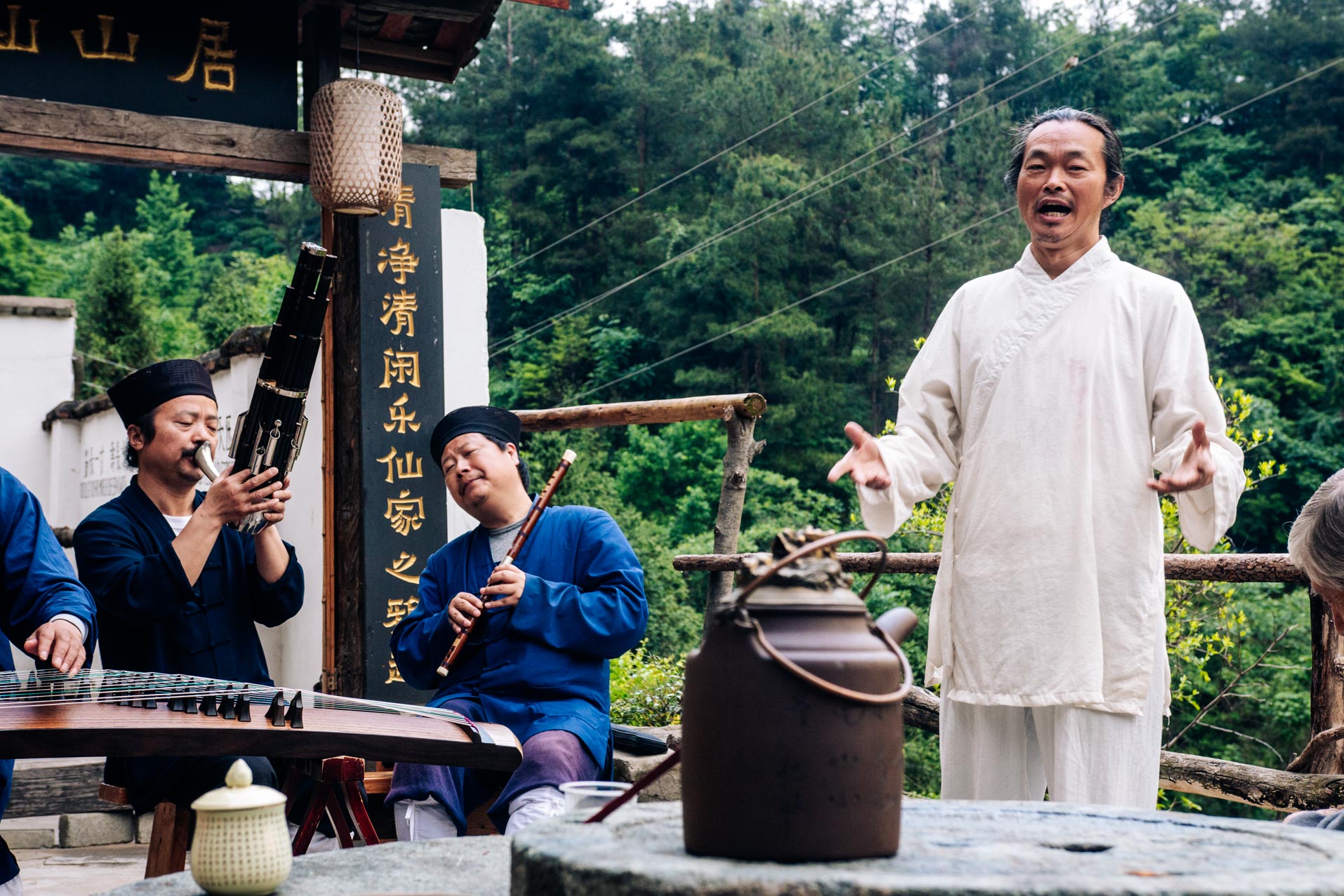
Taoism invites us to savor simple pleasures – a brilliant sunset, the melody of chirping birds, a heartfelt conversation. It guides us to find contentment in the present moment rather than being swept away by past regrets or future anxieties.
Taking time daily to immerse ourselves in nature, declutter our surroundings, or indulge in creativity can be transformative. These simple acts nurture a sense of inner peace, clarity, and contentment, grounding us in the beautiful simplicity of existence.
The Healing Power of Taoist Meditation
Taoist meditation, known as 'zugzwang' or 'sitting and forgetting,' is a potent tool in our Taoist toolbox. It invites us to momentarily suspend our bustling thoughts and immerse ourselves in the tranquility of our being.
In this serene silence, we connect with the eternal Tao, allowing its wisdom to seep into our consciousness. Gradually, we cultivate an inner sanctuary, a refuge that remains undisturbed by the external world's turbulence.
Starting a regular meditation practice might seem daunting, but remember, even a journey of a thousand miles begins with a single step. You could begin with just five minutes of quiet contemplation each day. As you cultivate this habit, you'll witness the gradual transformation within your thoughts, emotions, and actions.
Taoist Philosophy: The Journey Beyond
Taoism is not a one-size-fits-all philosophy. It is a flexible path that ebbs and flows with the rhythm of our unique lives. By embracing Taoism, we see the world through a lens of harmony, balance, and fluidity. We find our lives enriched as we align ourselves with the Tao, honor the dance of Yin and Yang, and cultivate simplicity, contentment, and inner peace.
Remember, it's never too late to embark on this remarkable journey. Whether you're a seasoned Taoist or a curious newcomer, every step taken in awareness is a step toward wisdom. Don't forget to deepen your understanding with our previous blog, "Understanding the Principles of Taoism: A Beginner's Guide." There's no time like the present to dive into the mystical world of Taoism. Embrace the journey and let it guide you toward a life of greater balance, harmony, and fulfillment.
Conclusion:
As we conclude our tour of Taoist philosophy and its art of living, remember that Taoism is not a set of rigid rules but a flexible path that adapts to the rhythm of our unique lives. It invites us to view life through a new lens that values harmony, balance, and ease.
It's like a gentle breeze, nudging us to align with the cosmic rhythm of the Tao, embrace the dance of Yin and Yang, live simply and contentedly, and cultivate our inner peace.
Ready to take your first steps on this transformative journey? It's never too late to start. And remember, as Lao Tzu said, "A journey of a thousand miles begins with a single step."
If you want to explore more about Taoism, don't miss our previous blog, "Understanding the Principles of Taoism: A Beginner's Guide." It's a perfect starting point to embark on this fascinating journey. Enjoy your expedition into the realms of Taoism, and may it lead you toward greater wisdom, peace, and fulfillment!
To explore Taoism in real life, buy our online Tai Chi courses now!




